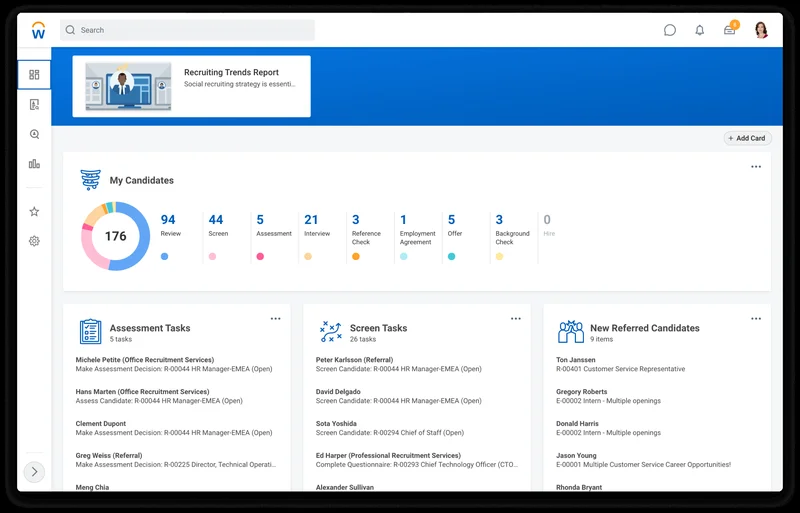The 13-Hour Workday Isn't a Policy. It's a Fossil.
When I first read the headlines that Greece passes 13-hour workday law, sparking strikes and backlash, I honestly had to check the date. For a second, I thought I’d stumbled upon a historical document, a relic from the dawn of the industrial revolution. But no, this is happening now. In our time. The backlash was immediate and fierce, with unions staging massive strikes and opposition leaders calling the bill a "legislative monstrosity" that would push the country back to a "labour middle age."
And on the surface, they’re absolutely right. It feels like a giant leap backward.
But I want you to look closer. I want you to see this not as a political failure, but as something far more profound: a fossil record. This law is the petrified footprint of a dying beast—the 20th-century model of work, thrashing in its final moments. It’s a desperate attempt to wring more value out of a system that is fundamentally, technologically, and spiritually obsolete. The real story here isn’t about a few extra hours on a timesheet; it’s about the spectacular collision between an old world built on human-as-a-machine and a new one powered by human-as-a-creator.
Shoveling Coal on the Eve of the Electric Age
Let’s be clear about what the law actually does. The government insists it’s optional, capped at about 37 days a year, and comes with a 40% pay bump. The argument is that it gives employees flexibility and the chance to earn more from a single employer rather than juggling multiple part-time `workday jobs`. It’s a pragmatic solution, they say, to modern economic pressures.
But this logic is like trying to improve a steam engine by simply shoveling coal into the furnace faster. You might get a temporary burst of speed, but you're still using an outdated engine, and you’re burning out your fuel source—in this case, human beings—in the process. The unions see this clearly. They argue that in a country with high unemployment and a history of weak workplace inspections, the power dynamic is hopelessly skewed. How "voluntary" can a decision really be when you’re struggling to make ends meet? They see it as the "abolition of the eight-hour day" and the "destruction of family and social life."
This is the core of the conflict. One side is trying to optimize the gears of the old machine, while the other is screaming that the machine itself is the problem. Why, in an age where technology is promising to augment our abilities beyond our wildest dreams, are we still having a conversation that measures human value in raw, brute-force hours? Are we so deeply entrenched in the factory-floor mindset that we can’t imagine a different way to define a `workday`? This isn’t just a policy debate; it's a failure of imagination.

The Real Future of Your Workday
For years, we've been talking about the future of `work`. We've seen platforms like Workday digitize our HR processes, from `my workday login` to managing `workday careers`. We carry the `workday app` in our pockets, a constant connection to the corporate machine. But these are just efficiency upgrades to the old system. The real revolution isn't about a better way to track hours; it's about making the hours themselves irrelevant.
The game-changer is intelligent automation, particularly Generative AI. We're talking about systems that don't just follow instructions but can create, strategize, and problem-solve alongside us—in simpler terms, they are becoming true digital colleagues. The potential here is to automate the drudgery, the repetitive tasks, the data-crunching that fills up so much of the standard workday, freeing up human creativity and strategic thinking for what truly matters—it’s a complete redefinition of what a 'job' even is. This is the kind of breakthrough that reminds me why I got into this field in the first place.
This moment feels exactly like the late 19th century, just before electricity transformed the world. People were still perfecting the gas lamp, engineering better wicks and brighter mantles, completely oblivious that the very concept of a flame for light was about to become a quaint relic. Greece’s 13-hour workday is our brighter gas lamp. It’s an attempt to perfect a system on the verge of being replaced entirely.
Of course, this transition isn't a utopian fantasy that will happen on its own. We have a profound ethical responsibility to manage this shift. We must ensure the incredible productivity gains from AI are distributed equitably, creating new opportunities and safety nets, not just concentrating wealth. The goal is to empower people, not to make them obsolete. But clinging to a model that grinds people down for 13 hours a day is the opposite of empowerment. It’s an admission of defeat.
So I ask you: what would you do with the time freed up by a true AI partner? What problems could you solve, what art could you create, what relationships could you build if your `work` was measured not by the clock, but by the impact you make?
This Isn't a Law, It's a Cry for Help
Let’s call this what it is. The Greek law isn't a bold new vision for labor. It’s a cry for help from a system that has run out of ideas. It’s the painful, loud, and tragic death rattle of an industrial-age paradigm that has no answers for the challenges of the 21st century. It is a symptom of a world desperate for the future we in the tech community are working so hard to build. The solution isn't in legislation that chains people to a desk for over half their waking hours. It's in the tools and systems that will finally, and fundamentally, set us free from the tyranny of the clock.

